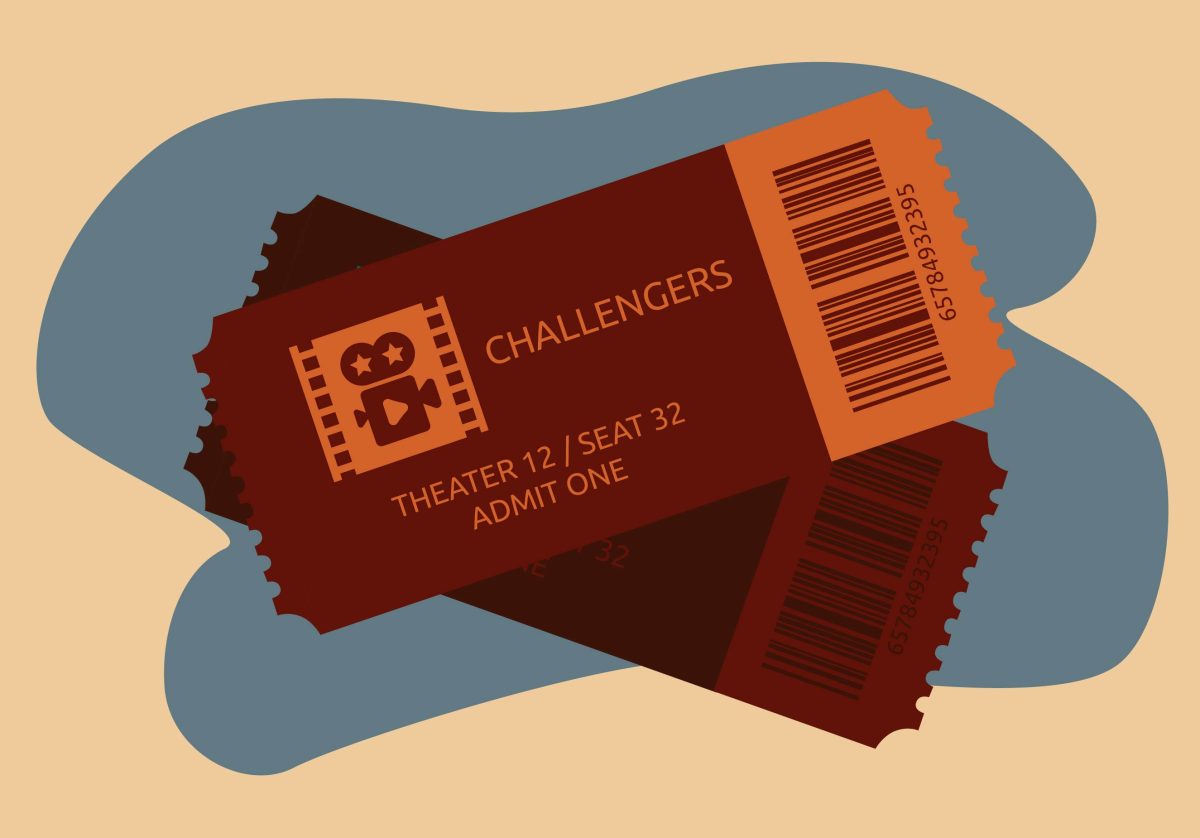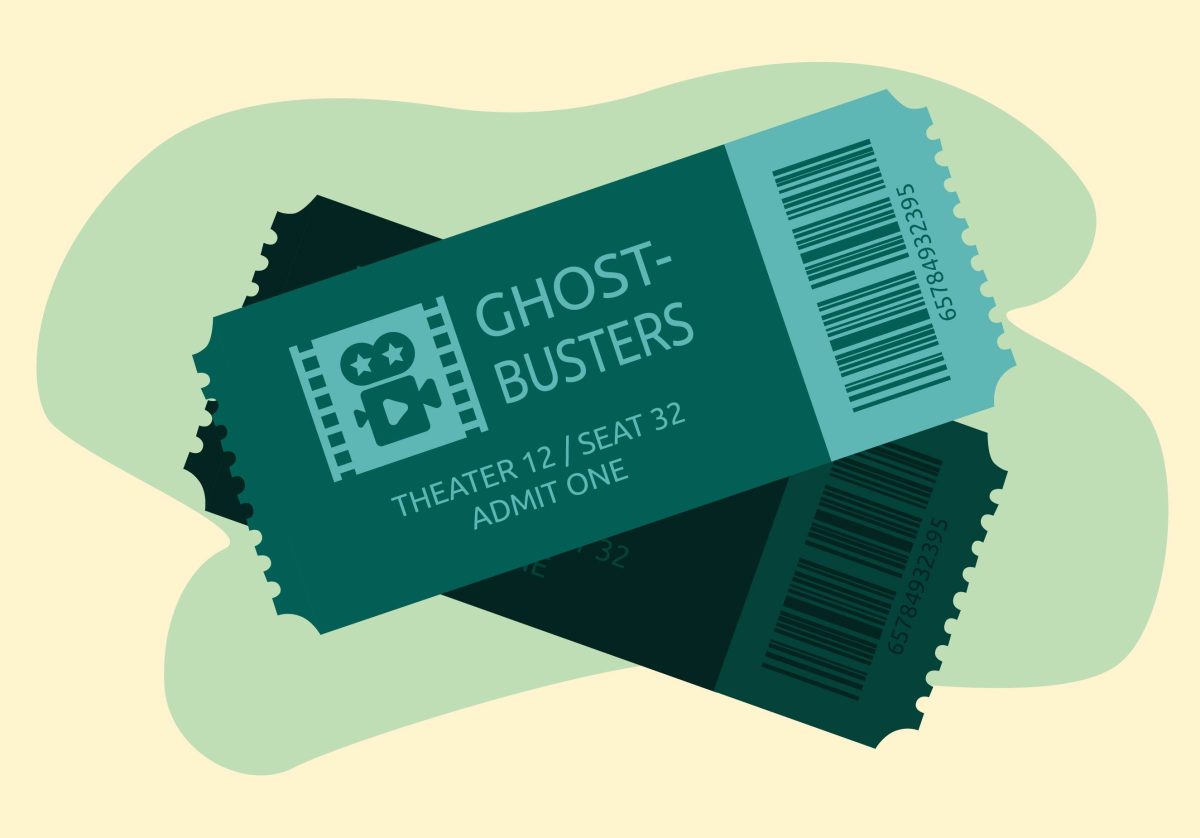I By Gabriel Shapiro
 n February 2001, Harper’s Magazine ran an article entitled “The Case Against Henry Kissinger” by British author Christopher Hitchens. Another article, several interviews and a similarly titled book later, Hitchens’ arguments have found their way to the screen via director Eugene Jarecki and his co-producer Alex Gibney’s documentary “The Trials of Henry Kissinger.” This chilling film is an opportunity to look back at a shadowy period in U.S. history, the nadir of foreign policy that roughly corresponds to the years 1968 through 1977.
n February 2001, Harper’s Magazine ran an article entitled “The Case Against Henry Kissinger” by British author Christopher Hitchens. Another article, several interviews and a similarly titled book later, Hitchens’ arguments have found their way to the screen via director Eugene Jarecki and his co-producer Alex Gibney’s documentary “The Trials of Henry Kissinger.” This chilling film is an opportunity to look back at a shadowy period in U.S. history, the nadir of foreign policy that roughly corresponds to the years 1968 through 1977.
At the forefront of United States foreign policy during that period stood one of the most complex figures in all of United States politics, Dr. Henry Kissinger, son of Jewish immigrants from Nazi Germany, Harvard graduate and professor, President Nixon’s national security advisor, secretary of state to both Presidents Nixon and Ford and 1973 Nobel Peace Laureate. Now, nearly 20 years after the end of Kissinger’s time in office there are calls for Kissinger to be tried as a war criminal, and simply put, there could not be a more appropriate or important time for this film to have been released.
More like a spy thriller than a straightforward documentary, the film twists through secret meetings, back-room discussions and strategy sessions. The filmmakers have assembled both Kissinger supporters and critics to debate what would be at issue and at stake if Kissinger were ever to stand trial as a war criminal. Acting almost as a grand jury trial, determining whether there is a case to be made, the movie traces Kissinger’s entire career, first by focusing on reporting the tumultuous consequences. Subsequently, it digs into each situation and exposes the various intrigues behind a given decision or action.
To the question of why anyone would level accusations of malfeasance against Kissinger, the film alleges a litany of offenses, from U.S. support of the Indonesian incursion into East Timor and a CIA-supported coup in Chile to deliberately undermining the 1968 Paris peace talks with Vietnam and proceeding with a secret war in Cambodia. The evidence presented points directly to Kissinger as the architect of all of the events.
Cutting between archival footage and interviews conducted for the film, scenes of devastation around the world flash alongside Kissinger attending society events, both punctuated by frank discussions of the man in question. Perhaps the most unsettling sequence comes in the form of a series of juxtapositions and parallels. Images of condemned human rights violators such as Slobodan Milosevic, Gen. Augusto Pinochet and Idi Amin appear, followed by several shots of Kissinger. All the while, a discussion of the motives keeping the United States from signing on to the International Criminal Court pops up and haunting music comprise the soundtrack.
While the film raises and answers a number of questions in its brief 80-minute course, the questions that linger are not those it has directly posed as much as those that arise from the context in which it will be viewed. As the United States again stands on the brink of war, it is important that the American public pauses to consider at least briefly the machinations of the war-makers, as well as the craving for power that lies behind it all.
















